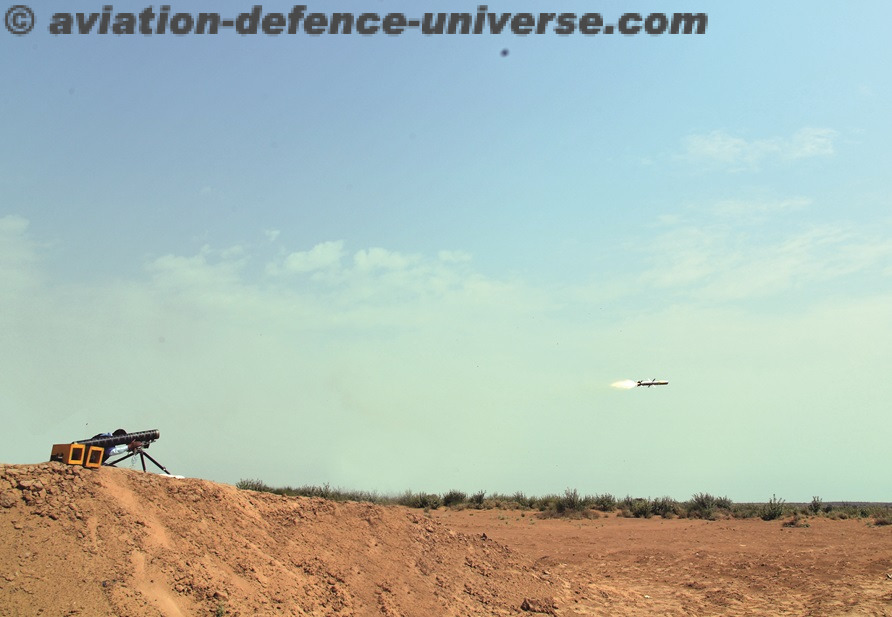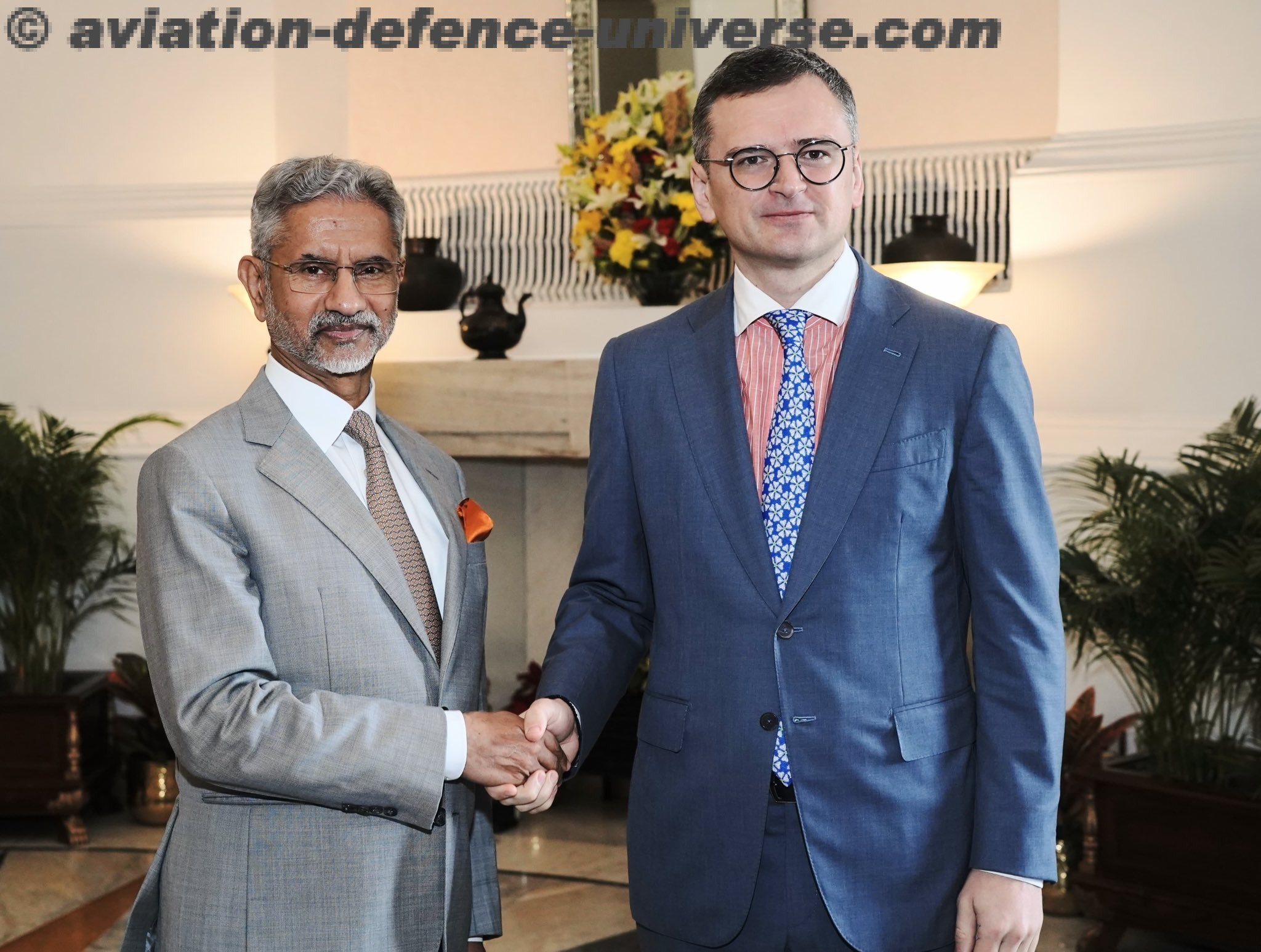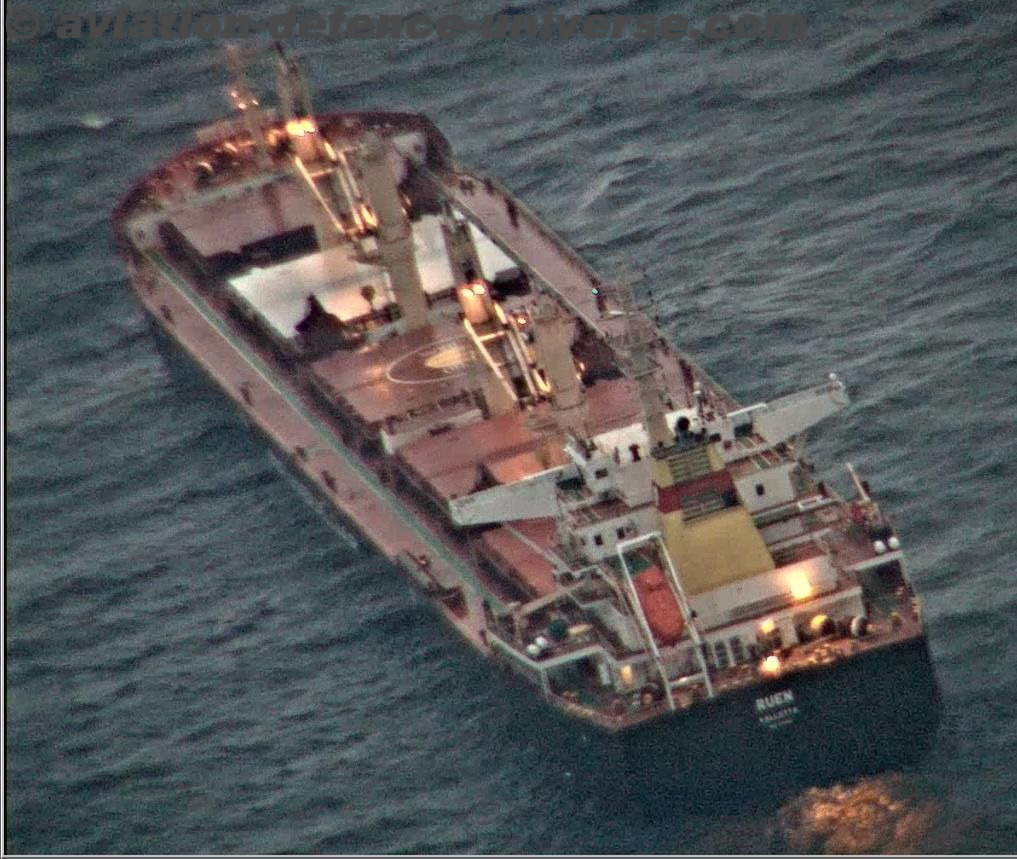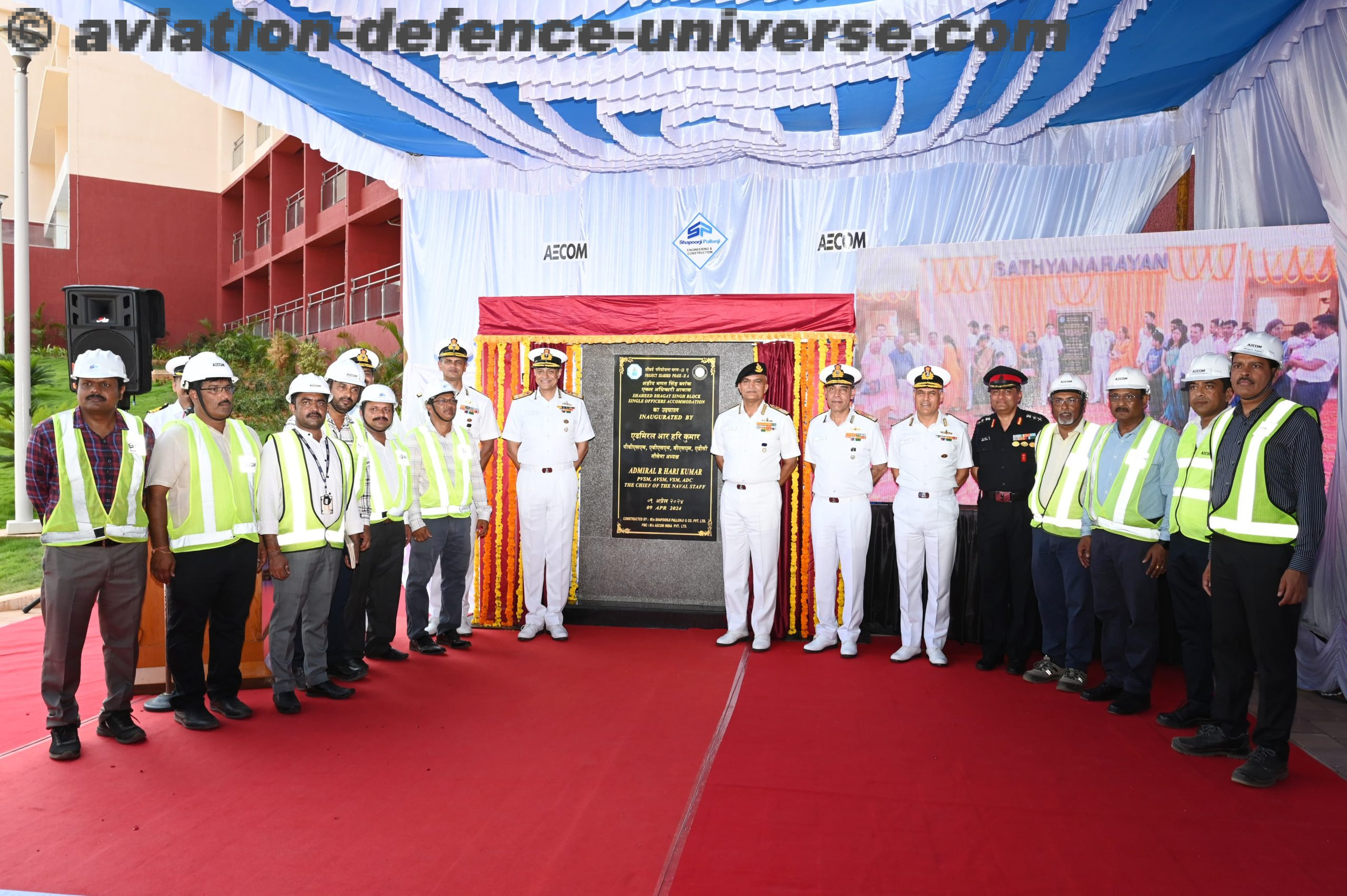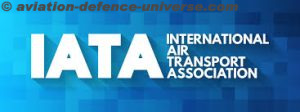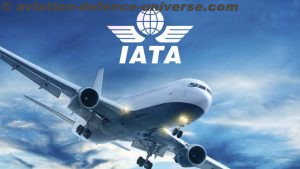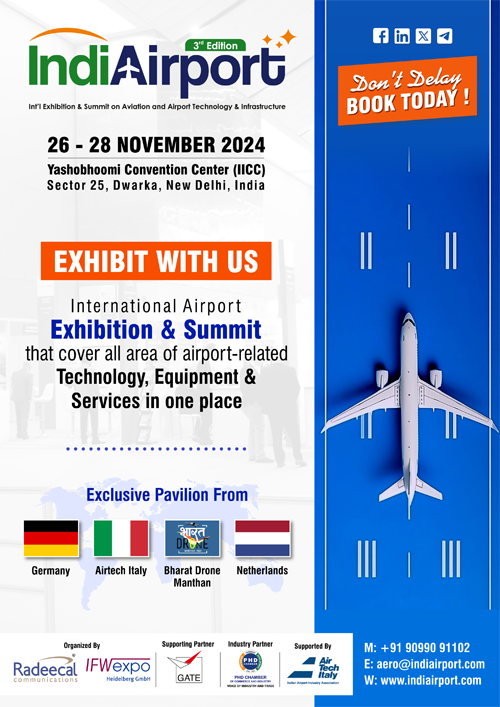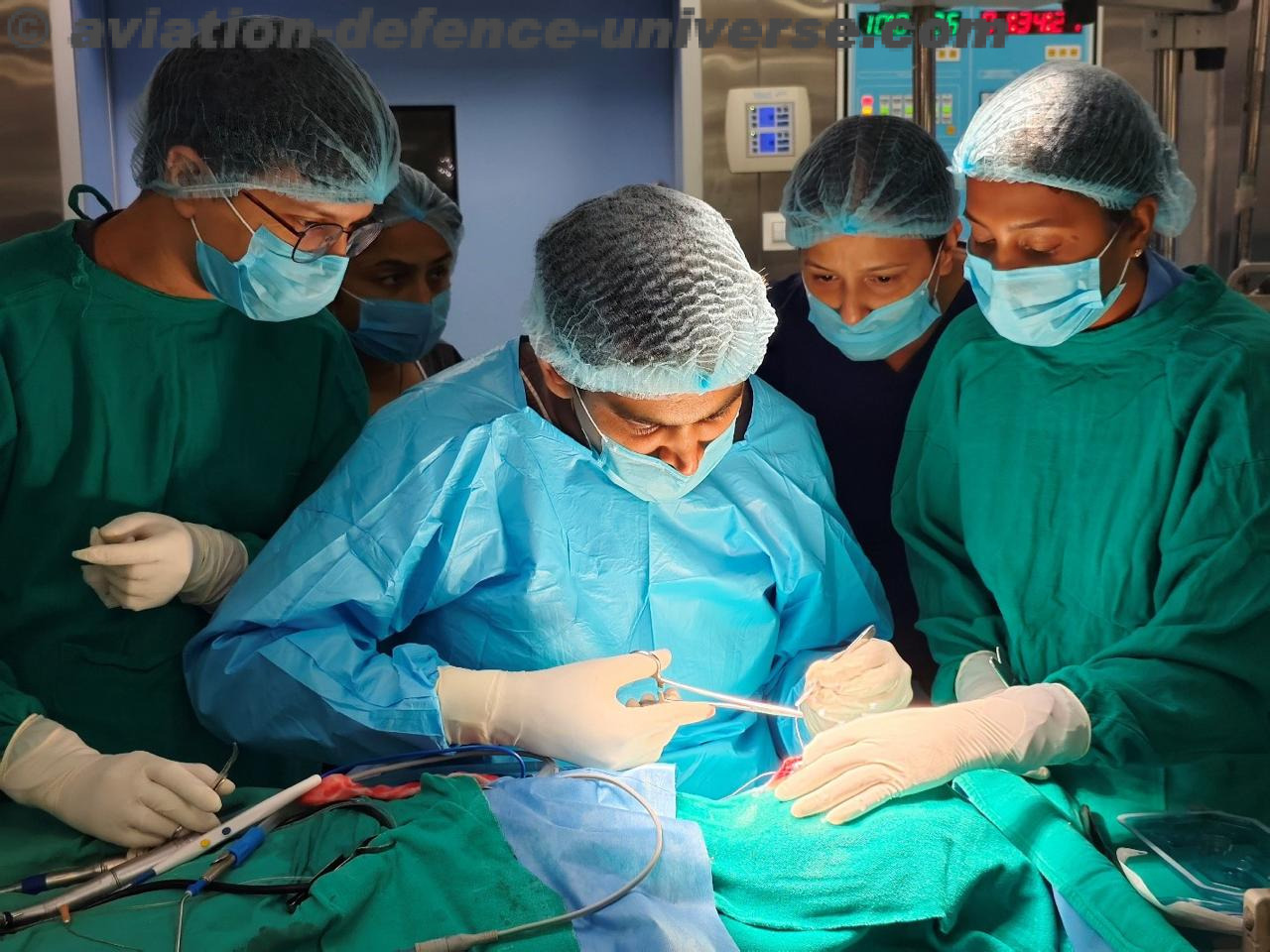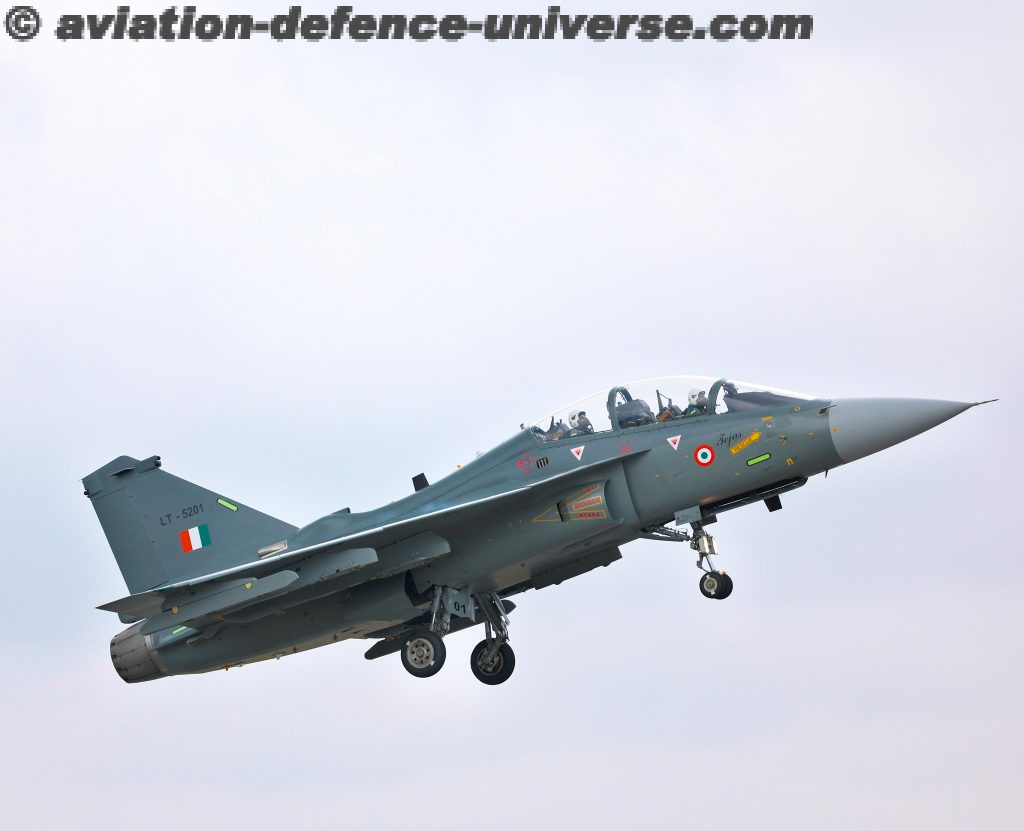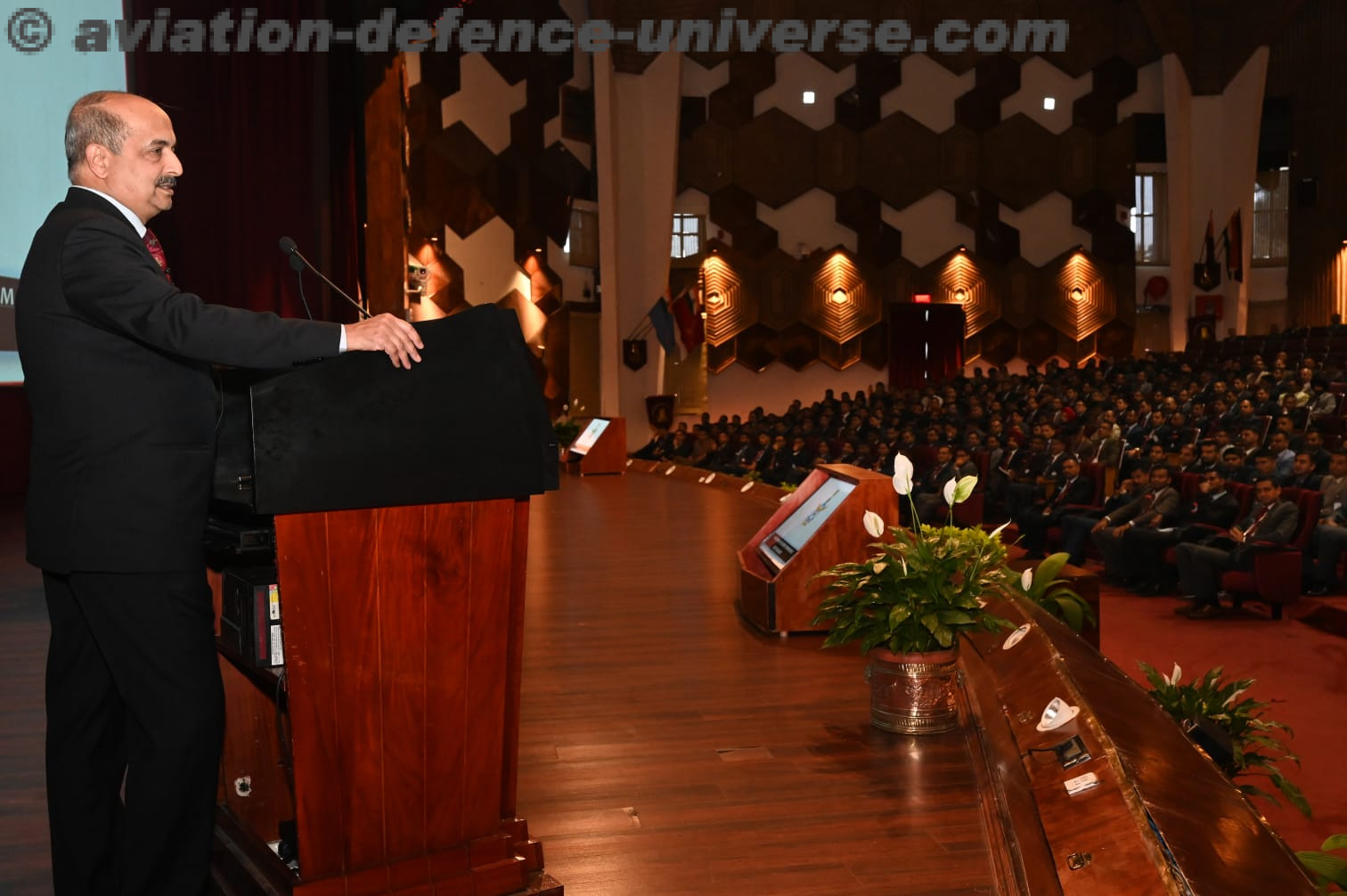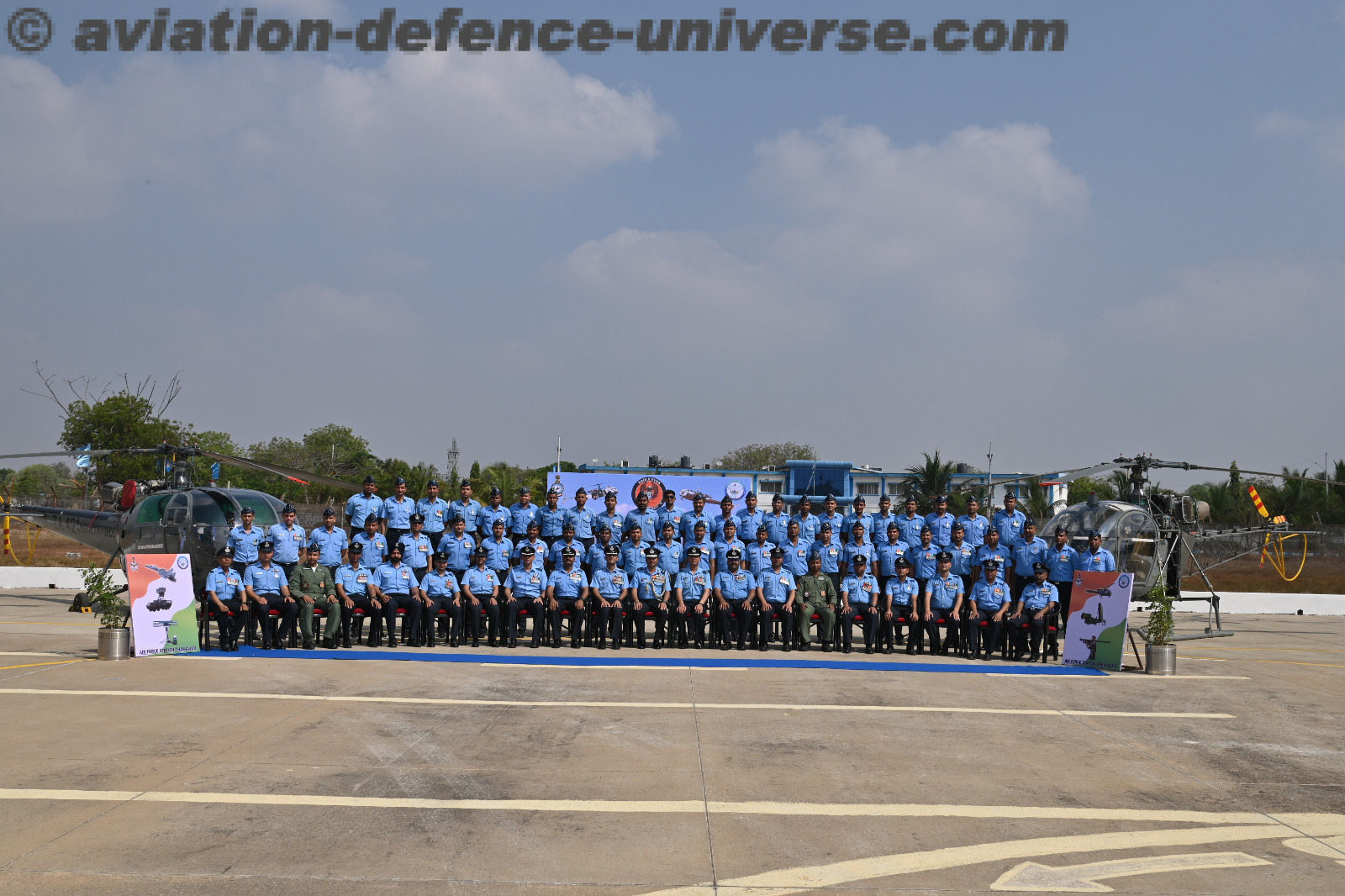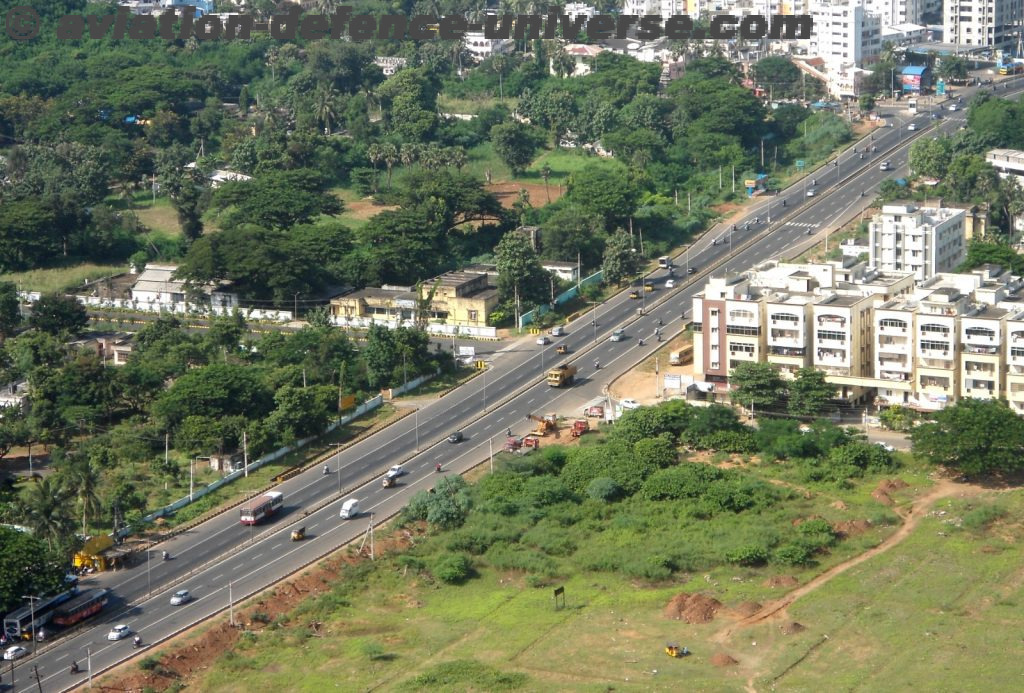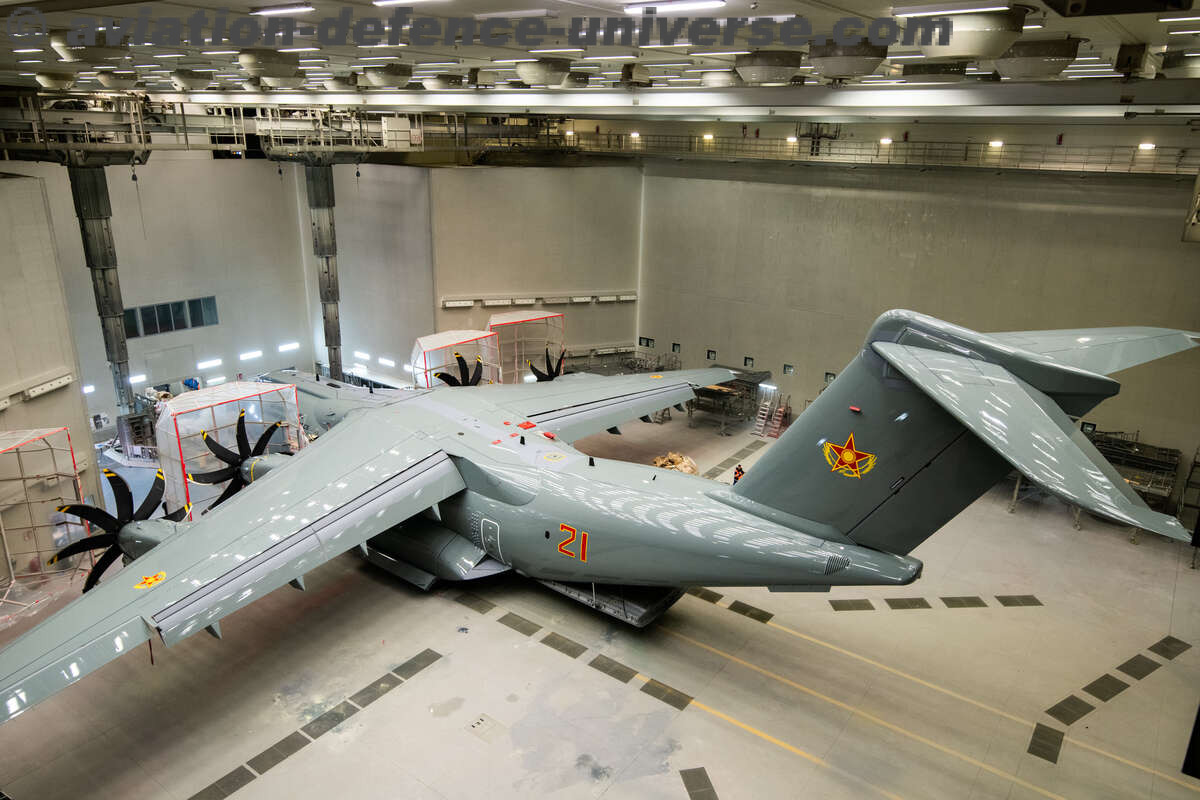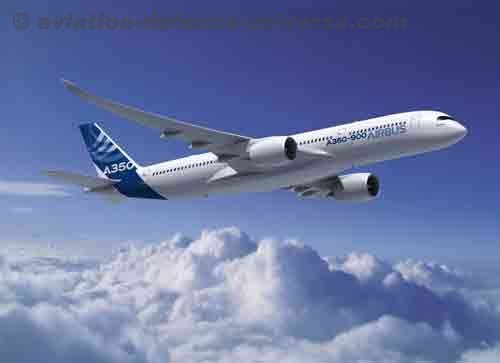New Delhi. 11 March 2020. The coronavirus outbreak is first and foremost a human tragedy, affecting hundreds of thousands of people. It is also having a growing impact on the global economy. Estimates published by United Nations Conference on Trade and Development (UNCTAD) on March 05,2020 said that the slowdown of manufacturing in China due to the COVID-19 outbreak is disrupting world trade and could result in a $50 billion decrease in exports across global value chains.
The trade impact of the coronavirus epidemic for India is estimated to be about $348 million [ref. Table 1) and the country figures among the top ].5 economies most affected as slowdown of manufacturing in China disrupts world trade, according to a UN report.
Sector Impact fin USD million)
Chemicals I29.00
Textiles and Apparel 64.00
Automotive 34.00
Electrical machinery 12.00
Leather 13.00
Metals and Metal Products 27.00
Wood Products & Furniture 15.00
Other industries 54.00
Total 348.00
Table L: Sectors and estimated impact owing to Covid-19
The outbreak has impacted the crude oil prices as well, which have now dipped by over 500/0.
As far as the aviation industry is concerned, according to ACI World estimates:
- Asia-Pacific is suffering the highest impact, with passenger traffic volumes down -24%for the first quart er of 2020, compared to forecasted traffic levels without COVID-19.
- Against this gloomy background of sharp declines in traffic and passenger throughput,airports’ aeronautical revenues and non-aeronautical revenues are rendering similar declines.
- The ACI World Airport Traffic Forecasts 2019-2040 projects revenue loss owing to COVID-19 to the tunes of US $3 billion.
Coming specifically to the impact on airports, both the prime revenue streams-aeronautical and non-aeronautical, have been impacted adversely on account of these trends as under –
- While cancellation of flights by various international and domestic carriers (a measure by airlines to save operational expense in response to muted passenger demand) has impacted the ATM-related revenues for airports, reduced number of passengers has impacted the passenger related revenue
- Reduced passenger at airports have adversely impacted the non-aero revenues due to less sales at F&B and retail outlets. Non-aero concessionaires have already started asking for reduced revenue share or MMG which in turn will impact airport operators’revenues
- Ensuring compliance with government advisories on screening of passengers has required airports to significantly beef up its manpower deployment at airports as well as make expenditure on various items like masks, sanitizers and floor cleaners.
- Given our focus on passenger convenience especially at such a juncture, significant time and effort is being spent by senior management at all these airports.
- Infrastructure placed by airports are of fixed nature and not flexible in response to such fluctuations in passenger demand. Corresponding financial burden is also of fixed nature in terms of interest outgo and various other expenses’
All the above are impacting the airport adversely with no offset or compensatory stream available to them and are severely impacting the cash flows for the airport operators.
This is unlike airlines which have got one major compensatory stream in terms of significantly reduced (more than 50%) crude oil prices, which make up almost 40% of their operational expense. It is also pertinent to mention that while airlines can choose to cancel flights or relocate their aircraft to other markets to reduce operating costs, airports face immediate cash flow pressures with limited ability to reduce fixed costs and few resources to fund capacity expansion efforts for longer-term future growth. For privately-held airports, the situation is even worse as they do not benefit from relief measure but are obliged to continue paying concession fees to the regulator.
Further, agencies globally project this health emergency to hold over a medium term in the absence of specific treatment/ vaccination availability leaving us with the imminent task of arriving onto a sustainable solution for airport viability.
To address the growing severity of this issue and ensure sustainability of operations for airport operators, we propose:
- Defining a close cooperation mechanism between airport operators and policy stakeholders to identify various options to tackle the crisis,
- Allowing levying of a nominal passenger facilitation charge as part of airline fares to cover increased operating expenses being incurred by the operators, and
- Provisioning of an airport operator alleviation package by AERA to facilitate the growing operational expenses, released in the next control period of applicable airport operators.
We request your kind appreciation that the airport operators are now in a situation of severe financial crisis and need relief / support, as above, to sustain airport operations. We hope the above merits your consideration.








